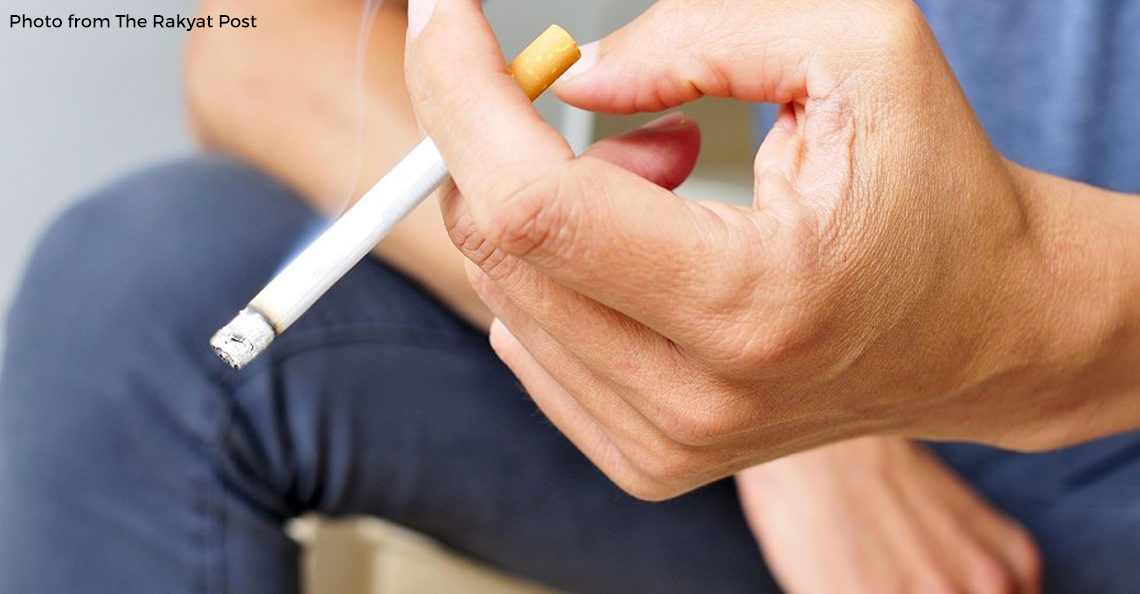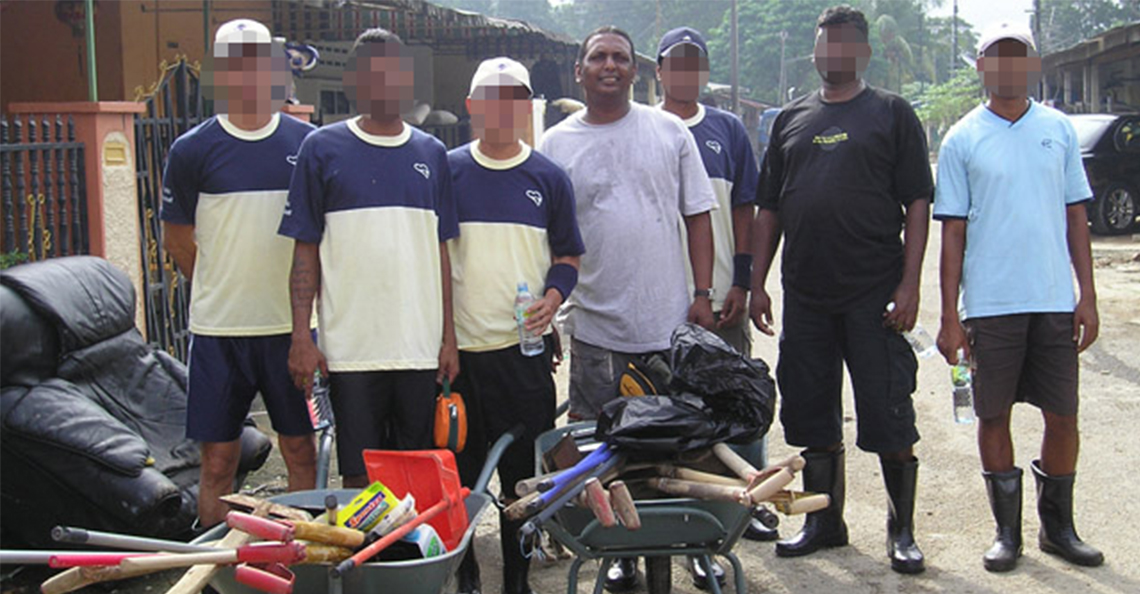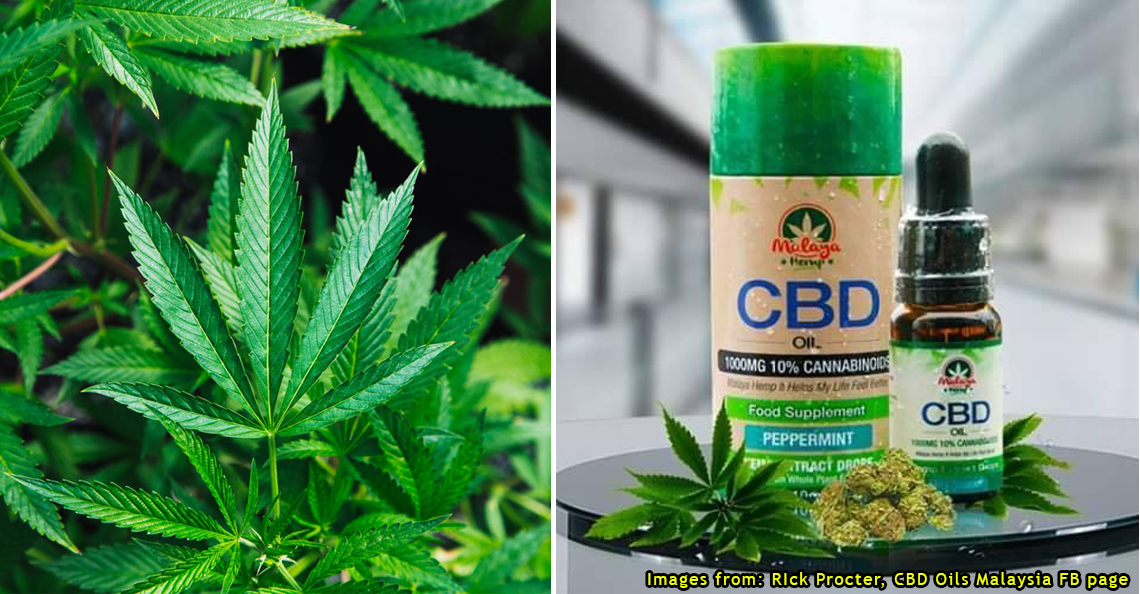Why are drug addicts going to this surau in PJ? We find out!
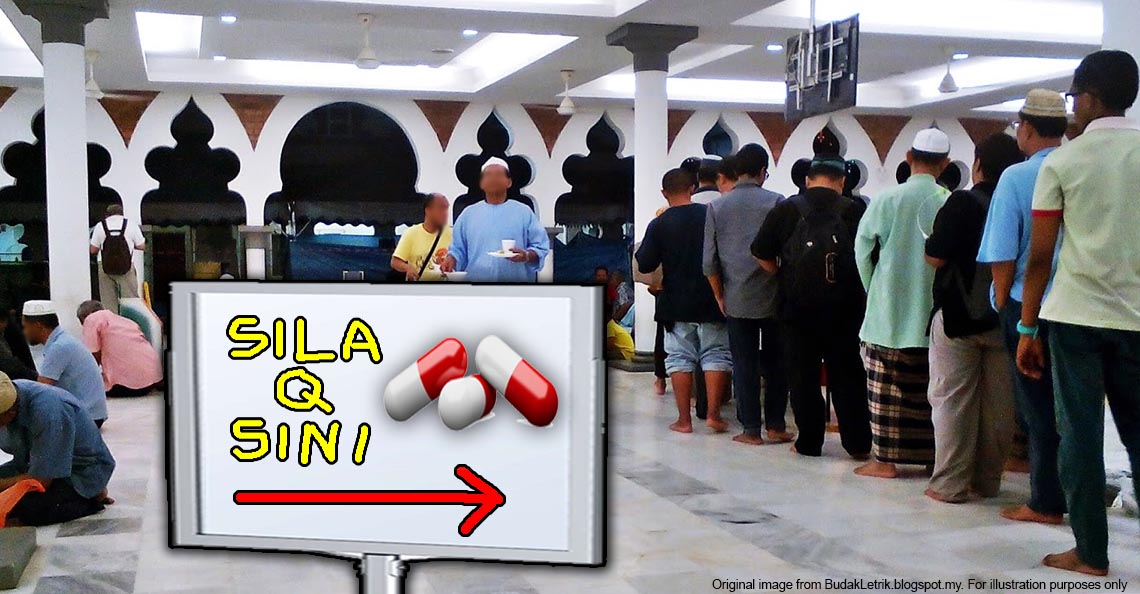
- 1.2KShares
- Facebook1.1K
- Twitter19
- Email21
- WhatsApp56

The Ad-deeniah Surau at the Universiti Malaya Medical Centre (UMMC) has been a regular stop in Mahmud’s weekly routine for the past 9 years. There are no obligatory prayers at 10 in the morning – the time when he usually comes by – but there is another obligation that Mahmud has to fulfill. When he reaches the surau, a doctor greets him, then asks him to pee in a cup. After that, the doctor goes through his file, ticks the appropriate boxes and then writes Halim a prescription for a week’s supply of methadone.
Mahmud (not his real name) is a recovering heroin addict and has been on methadone for the past nine years:
“Saya start umur 20-an. Masa tu ada kerja, family pun support cukup. Tapi saya tersilap ikut kawan masa tu, cuba-cuba la sikit. Tapi lepas tu bukannya saya nak hisap lagi pun. Memang kena hisap. Tak boleh kerja langsung, sebab gian; nak kena, nak rasa ‘hidup’. Sampai tak ada duit, kenalah paksa diri curi besi tutup jalan time malam. Satu malam dapatlah dalam RM100. Lapan tahun jugak saya hidup macam tu.” – Mahmud, in interview with CILISOS
So wait, what’s this methadone stuff? And why is a mosque encouraging addicts to take more drugs?? Well, let’s start with the first question…
Methadone is actually a SAFE replacement for heroin!
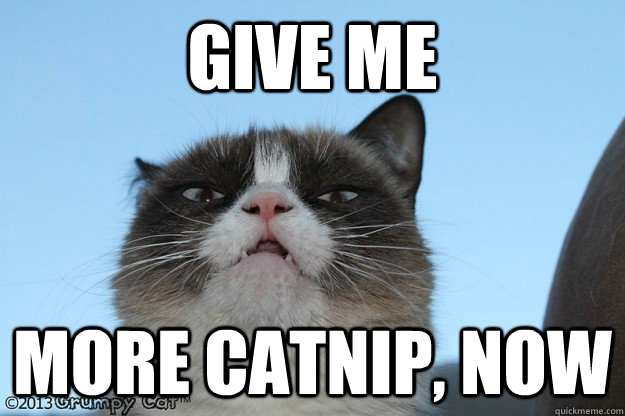
Mahmud is one of the many recovering heroin addicts who have joined the UMMC’s Methadone program, which partially operates out of the Ad-deeniah Surau. And before ugaiz bash a surau for giving out drugs to addicts, it must be established that methadone is not illegal in Malaysia.
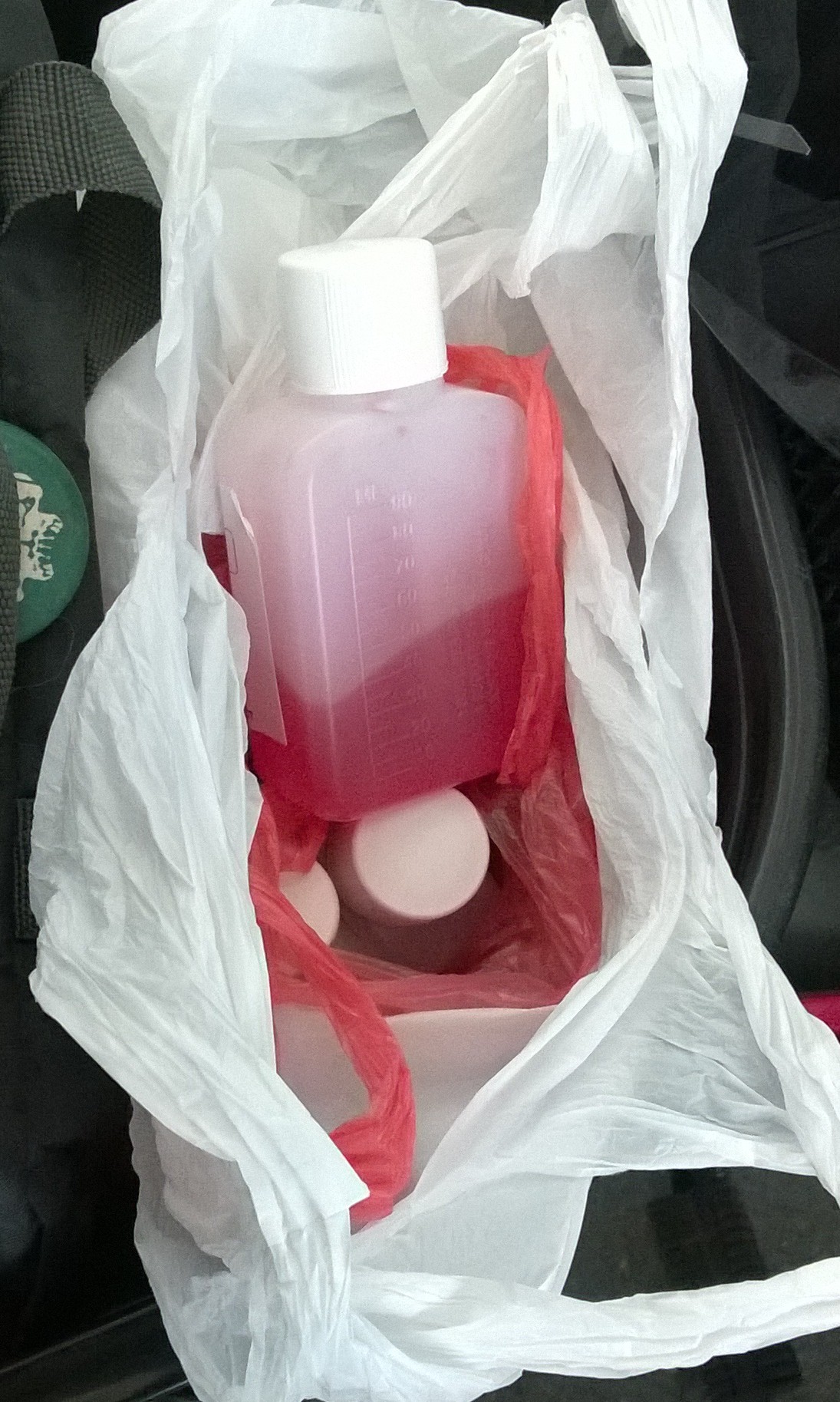
The reason for this is because methadone is a narcotic substance widely accepted as a less harmful and more cost effective substitute to heroin, and is also used to treat addictions by reducing the withdrawal symptoms and cravings when someone decides to get clean.
As ugaiz may know already, the heroin lifestyle really messes people up. While chilling at the surau we heard patients tell us how they couldn’t bring themselves to work or even feed themselves; some would resort to stealing anything to get a fix.
Methadone helps wean them off heroin and as a result most of them are able to get a steady paycheck, spend time with their families, and not resort to crime. Most of them were already working stable jobs thanks to the weekly supply of methadone UMMC gives them. One such example is Rama (not his real name), who had to resort to taking money from his wife and children to buy heroin in the past. Now, on his 7th year in the methadone program, he is able to support them from the salary he earns working at an international school.
“Sekarang, orang-orang kita [referring to the patients] semua ada motor, ada phone, kerja pun boleh dapat. Yang penting, dengan metadone ni kita ada upaya boleh jadi happy semula.” – Uncle Rama, in interview with CILISOS

Although methadone has been proven to be a way better alternative to heroin, Malaysia didn’t always have this treatment available. If you think Malaysia is currently going hard against drugs, before 2003 our government did not even allow methadone to be considered for addiction treatment since the philosophy at the time was to maintain a society totally free from drugs. On the other hand, Rama feels that if every heroin addict caught committing petty crimes were put on methadone treatment, the chances of them committing repeat offences would be very low.
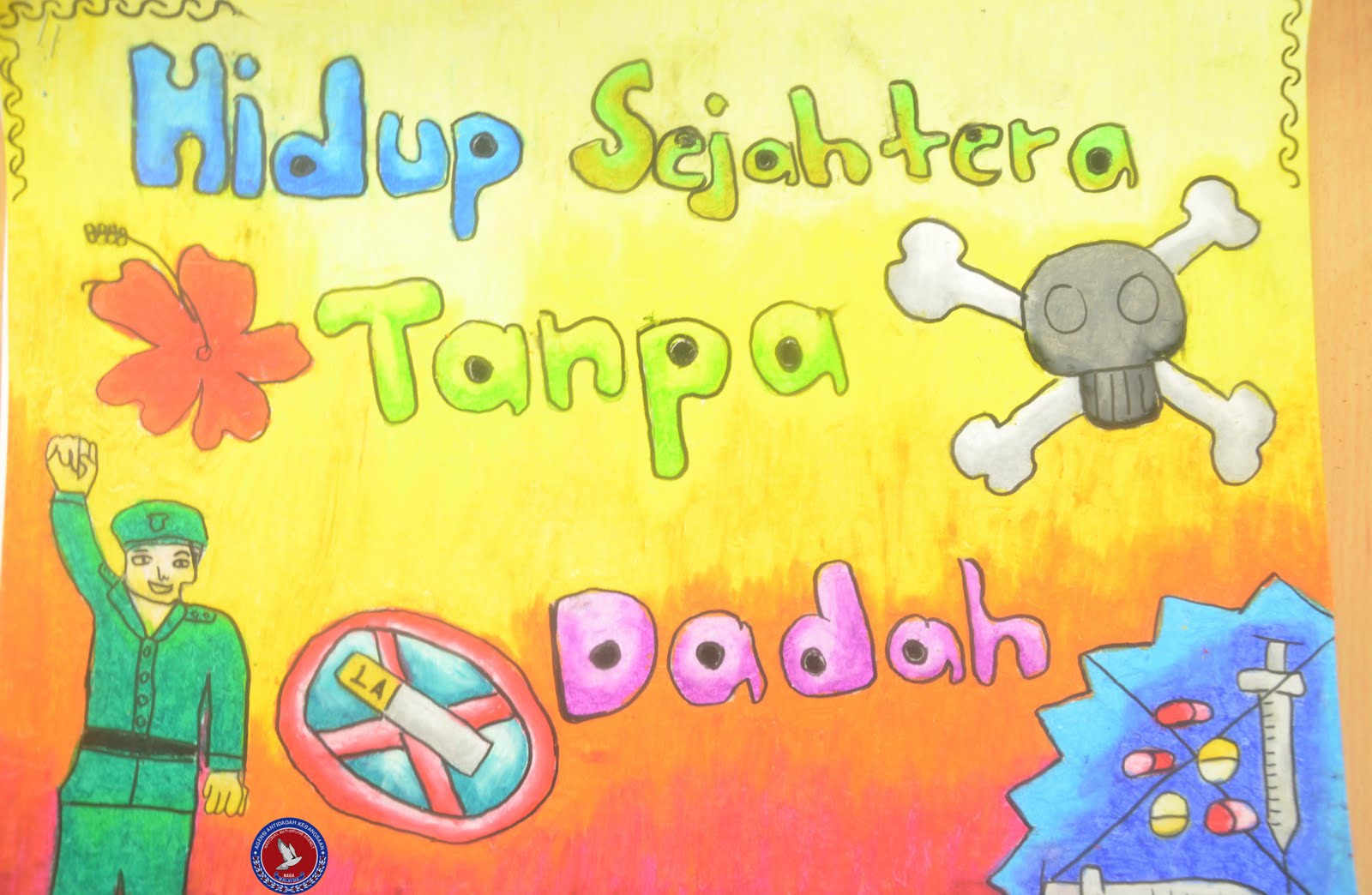
But methadone isn’t a miracle drug, which is where the surau comes in…
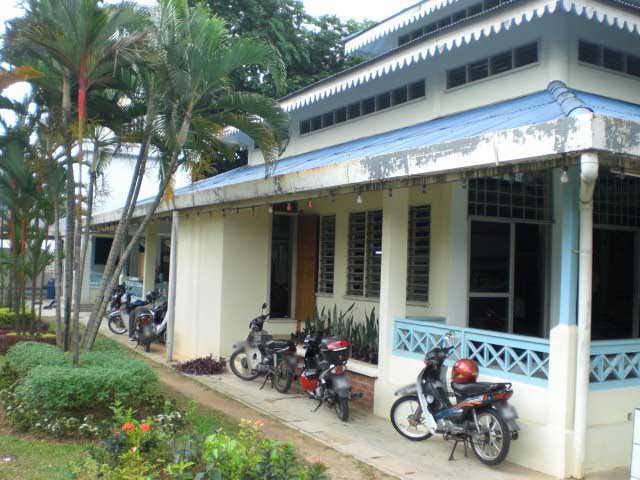
Methadone programs usually come hand-in-hand with some form of therapy and/or counseling – and this is no different in UMMC. However, patients in the surau undergo spiritual healing as part of the program. No, not bomohs or anything like that. It’s more of the patients healing themselves through prayer, meditation and team building exercises. This part of the program is called the Spiritually Enhanced Drug Addiction Rehabilitation (SEDAR) Program, and was launched by the UM Centre of Addiction Sciences (UMCAS). The SEDAR program is headed by Dr Rusdi bin Abdul Rashid, whom we met at his office to talk more about the highs and lows of running this initiative.
“They say all those who go to the mosque are ‘ahli syurga’. But there are also some ‘ahli neraka’ who go there too, as well as most normal people. For me, I am more than satisfied if I can help set up a safe space for these so-called ‘ahli neraka’ for them to get all the assistance they need to become normal human beings that can provide for themselves and their family” – Dr. Rusdi, in interview with CILISOS
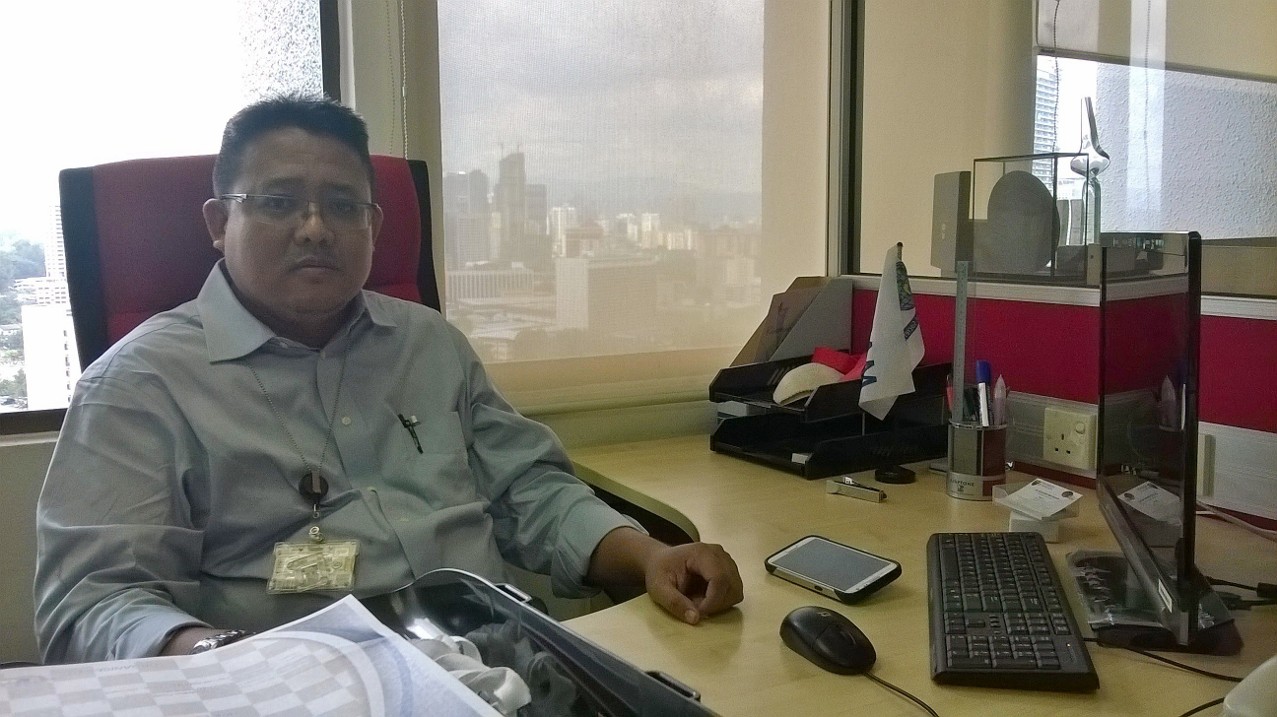
As Malay Muslims make up the majority of opioid addicts in this country, Dr. Rusdi saw an opportunity to help these addicts further through Islamic spiritual treatment. The SEDAR program was initially based at the Ar-Rahman mosque in PJ, where the methadone would be transported from UMMC to the mosque’s Ministry of Health (MOH)-certified methadone clinic. Before getting the methadone, patients would pray together and take part in faith-based team building activities. “There is a doa that helps prevent relapses, and we ask them to think about taubat (repentance) alot,” Dr Rusdi explained.
Sadly, as is the case with most Malaysian institutions, a change in the mosque’s committee ultimately forced the SEDAR program to end all of it’s operations there. Dr Rusdi had explained that the formative period of this program was a very tough one for him as he had to work extra hard to challenge some mosque leaders’ perceptions on addiction. His team had spent a lot of time and resources lobbying to the previous committee, and even the National Fatwa Council had given the program its approval. The data from the program also showed 83% of the patients did not relapse which is in fact on the high side of methadone effectiveness studies which have placed success rates between 60% – 90%!
But the new committee was more concerned with the potential risks that come with allowing heroin addicts into their establishment, and SEDAR was asked to go somewhere else, finally finding a new home in Ad-Deeniah.
But what’s the point of giving more drugs to drug addicts? Cold turkey aje lah!
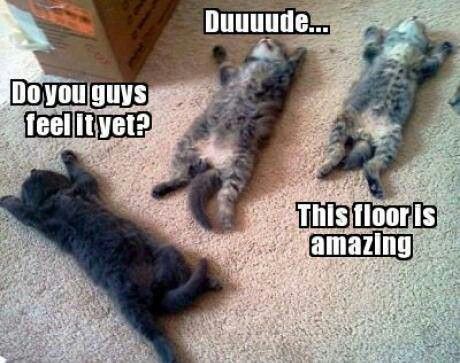
Unfortunately, it’s not so simple. Heroin addiction has one of the highest relapse rates as well as the highest addiction rates, which puts it in the “don’t try even once” category because of the damage it can cause to every aspect of an addict’s life. One of the patients, a 50-something Malay uncle who used to be a hippy, said that because of a series of bad mistakes he made, he fell into the trap of heroin addiction.
That being said, locking these guys in overcrowded jails and forcing them through abstinence programs won’t help them as much as methadone can in preventing relapses. According to one of the doctors we met at the surau, drugs are accessible in prison and in some cases, addicts that need to testify are given drugs to focus. Going cold turkey to quit heroin is also not a good idea, as the withdrawals are so intense it can be very tempting to get a quick fix:
“Bagi saya masukkan penagih dalam penjara tu membazir saja…bila dia keluar dia hisap balik. Dekat dalam [in prison] pun dia boleh hisap jugak, Kalau ikut saya, semua orang ni kita patut bagi metadone, lepas tu bagi kerja. Banyak setel masalah.” – Uncle Rama
So while methadone treatment effectively keeps the patients dependent on a drug, it at least allows the patient to establish a routine in his or her life so they can reintegrate into society. In fact, methadone is one of those drugs that’s been shown to be more effective the LONGER a person is on it! And that’s better than having them depend on something which is also more expensive and disruptive than methadone.
So how come not all mosques have this program?
Based on this writer’s visit, it was obvious from the way the patients interacted with Dr Rusdi that there was a lot of respect and gratitude that the patients felt towards the program. This was a group of individuals that felt they were stuck in a destructive cycle until Dr Rusdi and his team came forward with the SEDAR program.

While SEDAR was fortunate enough to start anew at the Ad-deeniah Surau, the program is still facing obstacles in expanding to other mosques. Convincing mosque committees aside, there are also regulation requirements like having an MOH-certified methadone dispensing clinic present within the mosque grounds. This requires funds, manpower, and most importantly, a steady supply of methadone; all of which are quite limited at the moment. But Dr Rusdi is confident that the successes of his program, plus evidence of methadone’s effectiveness in heroin treatments elsewhere in the country, will see more funds put into methadone treatment.
Dr Rusdi’s vision to get more mosques involved in the future is to create a fleet of Mobile Methadone Dispensers. These Methadone Mobiles (customized trucks equipped with all the medical necessities) will go to mosque to mosque, saving time and more importantly, money.
“We have made so much progress. Even if it may take some more time to expand and educate the public on this program, seeing these guys turn their whole life around after some bad choices keeps me going.” – Dr. Rusdi.
What do ugaiz think though? Should masjids and suraus be places to treat drug addicts?
- 1.2KShares
- Facebook1.1K
- Twitter19
- Email21
- WhatsApp56

